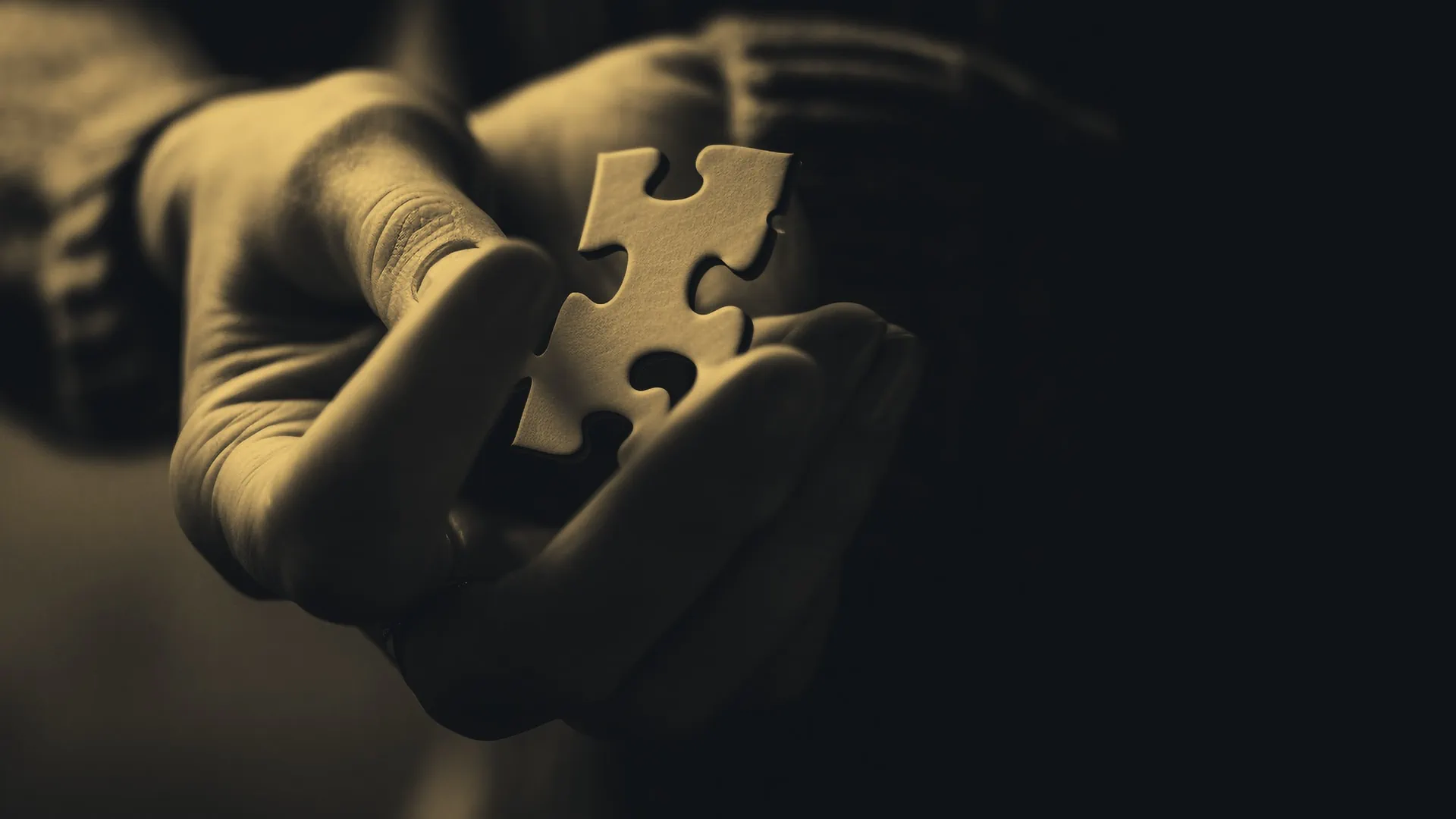In complex and challenging economic times, it can feel like there’s no time or money to invest in company learning. However, these times inherently have the most learning to offer. A key trait of future-focused leaders is their ability to learn through their day-to-day work; you don’t need to make more time to learn, you need to learn from the work you are already doing.
The amount of learning to gain from both setbacks and successes is completely contingent on the reflection that accompanies these experiences. Times of difficulty tend to offer great amounts of learning, so it’s crucial that you take the time to reflect on the past year as you prepare to lead your organization into 2024.
Leaders tend to be constantly reflecting on their actions and outcomes, but pausing to reflect with intention allows you to maximize your learning and subsequent growth. Meaningful learning through reflection has three key steps: reflection, choice, and change. This framework will help you look back on the past year and draw forward the lessons and knowledge that will help guide your future decisions.
Reflection
First, identify your key learning moments from the past year. What is a key learning moment? These are moments when you either made a decision without knowing what the outcome would be, or made a decision that resulted in a different outcome than you expected.
We call these key learning moments because they represent times when you encountered a new piece of information that your brain then needed to reconcile with your previously held assumptions and/or beliefs. Since you either didn’t have an expectation about the result of your action, or your expectation was incorrect, your brain will have saved this experience as new evidence of a potential cause-and-effect relationship in the world. Whether or not you internalize this new information and use it to guide your future actions, either consciously or unconsciously, depends on how you engage with it after the experience, i.e., how you reflect on it.
To draw out useful information from these moments, think back to them and consider the following questions:
This question helps to identify people or areas that might need more attention in future decisions. For example, if you recognize that a strategic change initiative ended up making slow progress due to a lack of commitment from a specific department, then you may want to involve leaders of that department in change initiatives earlier in the process so they can gain ownership and become change drivers.
This is an important way to recognize where you might have biases or mistaken beliefs that are causing you to misread situations. When making future decisions, it’s helpful to take a moment to think back to these assumptions and see if they could be still influencing your thinking.
Some events just can’t be predicted or avoided, but reflecting on these unexpected occurrences is still helpful because it can give you ideas of warning signs or forecasting metrics that you could use in the future to better look around the corner and minimize your blind spots.
This type of structured reflection allows you to draw out key learnings from the past year, so you can then decide if they are helpful to move forward with in your next steps.
Choice
As all leaders know, sometimes your actions don’t work out because you made the wrong decision. However, sometimes your reasoning and decision were sound, but there were external factors that affected the execution and outcome of the action. The second step, choice, refers to the critical thinking that you must use to identify which lessons you want to bring forward into your next decisions. Not every unexpected outcome means that you made the wrong decision, so it is important to closely consider whether the learnings you identified during your reflection are relevant for the future.
Here are some tips that can help you tell which learnings are most likely to help you see around future corners:
Be mindful in how you choose to let your reflection shape your future actions. Future-focused leaders recognize the importance of learning from their actions, but with meaningful and intentional choice and reflection, not by being reactive to every challenge of the past.
Change
Now that you’ve drawn your lessons from the past year into your future-focused thinking, it’s time to put them into action and make positive changes through your learning. A classic trope of New Years is how easy it is to reflect and make a plan to create some type of improvement in your personal or professional life, only to have that plan fall to the wayside as soon as the busyness and speed of your day-to-day life resumes. To avoid this trap and actually maintain your learning momentum throughout the coming months, try out these three tips:
This year brought challenges for leaders in almost every industry. To truly draw the most out of the year, look back before you step forward into next year. It may seem counter-intuitive, but future-focused leaders actually need to spend a significant amount of time mining the past. Meaningful reflection is the basis of building a learning culture for yourself and in your team. Spend some time this December reflecting on your key learning moments from the past year, and choosing which lessons you want to bring forward as you make changes and continue growing into next year.
Are you ready to unlock your organization’s performance and embark on a journey where passion and innovation converge? Contact us today, and together, let’s create a meaningful impact in the world.

